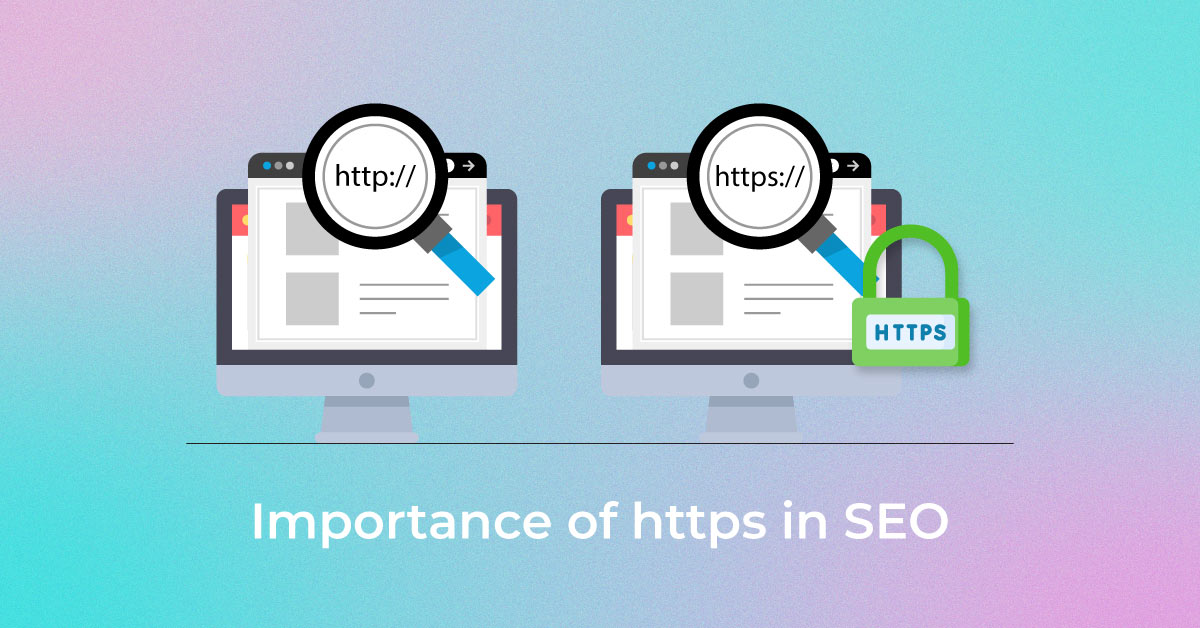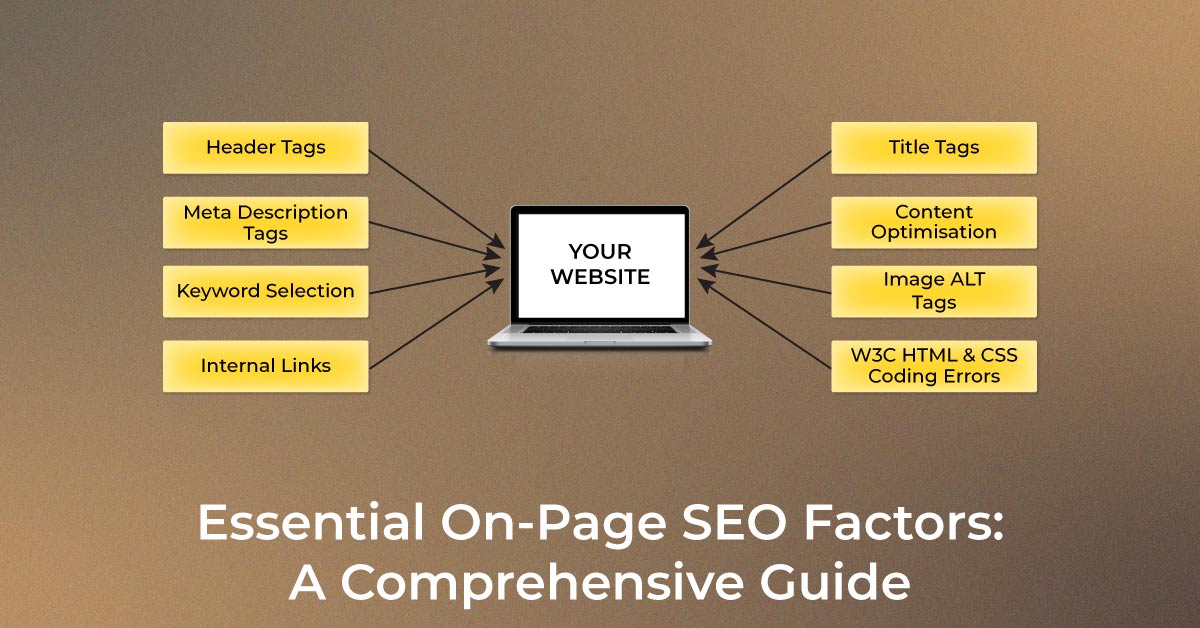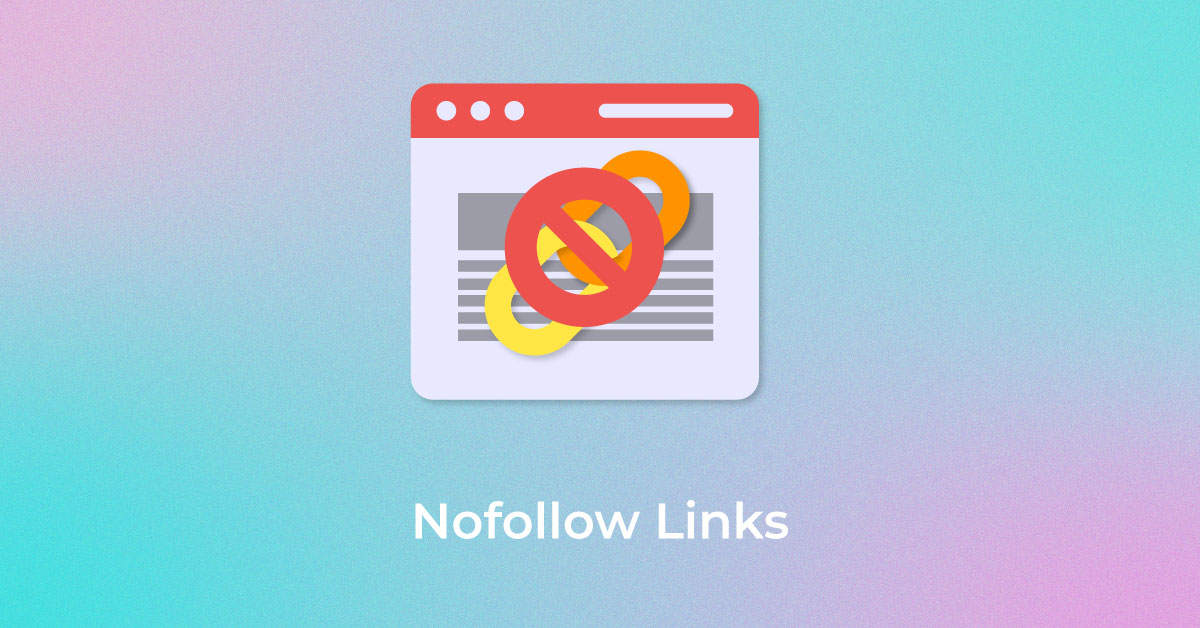Let’s Connect & Accelerate Your Organic Growth
- Your data is properly secured encrypted by SSL
Get Inside Your Customers’ Heads
Most SEO marketers brainstorm with the company’s stakeholders for keyword ideas. They use keyword research tools to determine where they should focus. However, this might not be the most effective strategy.
Keyword tools produce results based on high search volumes, which is good. But you must be aware that it is challenging to rank for these keywords. Moreover, users don’t always search the way online tools assume they do.
So, step into your customer’s shoes to imagine how they would search for the products and services you sell.
For instance, assume you’re a store offering women’s apparel. The most common keywords you’d target include ‘buy dresses online,’ ‘buy beautiful dresses,’ ‘party-wear dresses at low prices,’ etc.
Of course, your target group will be using these keywords to search for your products. But, if you connect the search with the lives of real people, you will get different keyword ideas.
Your customers could also search for:
- best dresses for a dinner date
- formal dresses for the office
- dresses to gift to a girl
You must think about how potential clients with no information about your offerings or niche will search online. A keyword idea generator can help with the process.
Talk to Your Clients
While managing operations, projects, and deadlines, it is common for business owners to forget about the most essential part of their business: customers.
Customers, both existing and potential, are crucial assets for any business.
To make your SEO strategy a success, you must know what they are thinking and saying about your brand. Your customer’s feedback has an important role to play in ensuring that your customers are happy.
If you read the reviews of your customers and realize that their pain points are not about the product but about your customer service, you can upskill your support team. Remember to use the internet and communications network to your advantage and understand their needs and preferences.
Similarly, engage with your customers to find keyword ideas. When you talk to your customers regularly, you’ll learn how they speak and know what they expect from your brand. As a result, you will have better keyword ideas with terms you never thought of targeting.
Your customers’ responses will help you uncover some interesting keywords. You can include them in your content roadmap.
Communities + User-Generated Content
Have you seen a Quora answer ranking on the first page in your search results for a keyword? User-generated content and community forums have gained immense popularity in recent years. And they are great sources to find untapped keyword ideas on Google.
People use websites like Quora and Reddit when they can’t find the answers to their questions anywhere else, especially when blogs or publications do not provide relevant content on the topic they’re looking for. Consequently, they seek to receive answers based on personal experiences.
You must spend a few hours on these user-generated websites and communities. You will get plenty of keyword ideas as you scroll through the questions. Moreover, you will know how your users speak and the types of topics they write on.
Suppose you’re in the health and fitness industry. Enter the keyword ‘weight loss’ on Quora. Within seconds, you will see questions about the best exercise regimen, supplements, products, diet, apps, pills, etc. You will also see questions about specific weight loss methods like ketogenic diet or intermittent fasting.
These cues help you know what your customers are searching for and what it is that you need to offer to them.
Social Media Platforms (such as Facebook, Twitter, and LinkedIn)
People use social media platforms as a channel to share their personal views. They write the way they think and feel. There’s little to no editing. Thus, their posts are a reflection of how they communicate in real life.
Social media platforms serve as the place people turn to when they have problems or questions. They also use the platforms to share their happiness.
The two most prominent social media areas you can use to find keywords are:
- Facebook groups
- LinkedIn profiles
Facebook groups are developed based on a particular interest. So, all travelers are part of a particular group, while all those interested in online poker are part of another group. There are also very niche groups discussing niche topics.
You can extract excellent keyword ideas from these groups. Users are having a casual conversation, mostly in question format. Within minutes of scrolling through the group, you can find topic-related questions.
For instance, if you open a travel-related group, you’d come across questions like:
- how long does it take to reach the destination?
- what is the best time to visit the place?
- what is the weather like?
- what are the visa formalities?
While these aren’t exact keywords, they can help you create interesting topics out of them.
B2B brands can use this technique on LinkedIn profiles. Scroll through people’s descriptions of skills, experience, and interests. Evaluate what kind of terms they are commonly using.
Let’s assume you see terms like ‘in-house and agency experience’ and ‘effective SEO campaign execution.’ You can create content around the ‘benefits to pursue in-house and agency roles’ or ‘steps to execute an SEO campaign.’
It may not be a good idea to use Twitter for keyword ideas, however. Most of the content is generic or spammy.
How to Evaluate Keyword Suggestions for Traffic Potential?
The search volumes for most of the keyword ideas obtained using the above four techniques will be low. For instance, upon searching SEO-related keywords, you will see that the search volume for ‘with or without SEO’ is 10. Some keywords might also have a search volume of N/A.
Don’t think that the keyword isn’t worth your time and effort. The top-ranking sites for this keyword may rank for other similar terms and cumulatively send lots of traffic.
The SERP overview feature in Keywords Explorer 2.0 gives you an insight into the number of keywords a page ranks for and the estimated page traffic. Site Explorer further provides information on the keywords the page ranks for. You will see that these are synonyms and related phrases.
The Keyword Difficulty for most of these keywords is pretty low. You can check the table for Keyword Difficulty. From the above example, the keyword ‘with or without SEO’ has a KD of 9 with a traffic of 581. Consequently, you may have not imagined, but it is a great topic to target for ranking. When combined with other search terms, it can drive tons of highly targeted traffic.
Here’s a Fast Trick to Increase Your Keyword Ideas
With the usual keyword research process and the techniques we’ve shared above, you will have a good keyword list. But is that sufficient? Is it possible to take it a step further? Yes, it is!
Read through the keyword list you’ve prepared and select ten of the most promising keywords. Add them to Keywords Explorer, and from the menu options on the left-hand side, click on ‘Keyword Ideas.’
You will see many sub-options like ‘Phrase match,’ ‘Also rank for,’ etc. Use the first option to view ‘All.’ The tool will use your initial list to give keyword suggestions. These keywords are like hidden gems. Since they are not targeted by all businesses in your industry, you have a chance to rank for them.
You can further remove high-competition keywords with the Keyword Difficulty filter. Then, sift through the low-difficulty keywords to formulate your SEO strategy.
If you click on a keyword and explore the metrics for its top-ranking site, you will see information on keyword difficulty, backlinks, domains, and traffic. With a little bit of work on the keyword with low referring domains and high traffic, you can beat your competition.
Conclusion
Your SEO success depends on keywords. Now, if you and your competitors use the same tools for keyword ideas, such as Keywords Explorer, you will target a similar group of terms. Your ranking difficulty will increase, and your rate of success will decrease.
Instead of relying on keywords with high search volume, you need to understand your target audience and their conversations. The four ways described above can help you understand keyword ideas meaning. They help you identify underserved topics and queries your target audience is keen on searching. These keyword ideas will help you create relevant and valuable content to stay ahead of the competition.
Popular Searches
How useful was this post?
0 / 5. 0

















